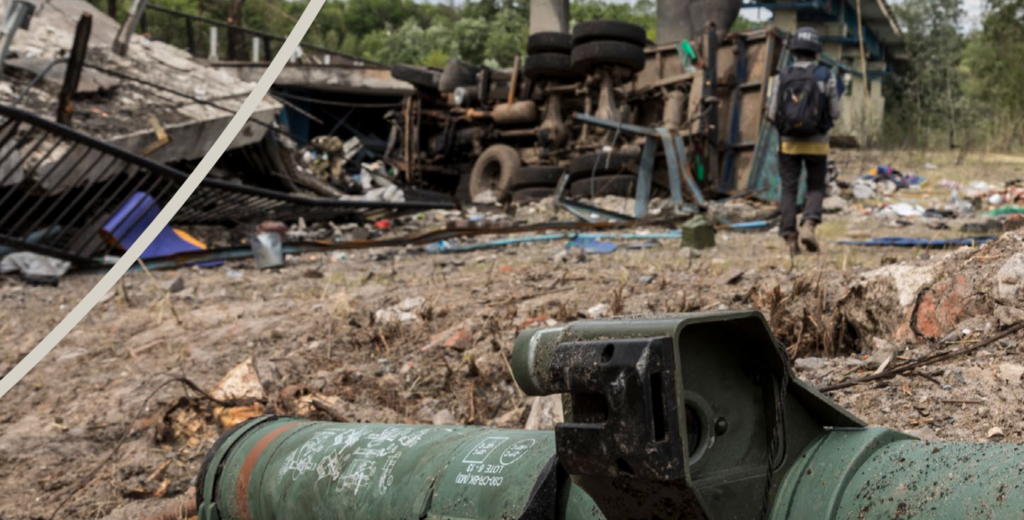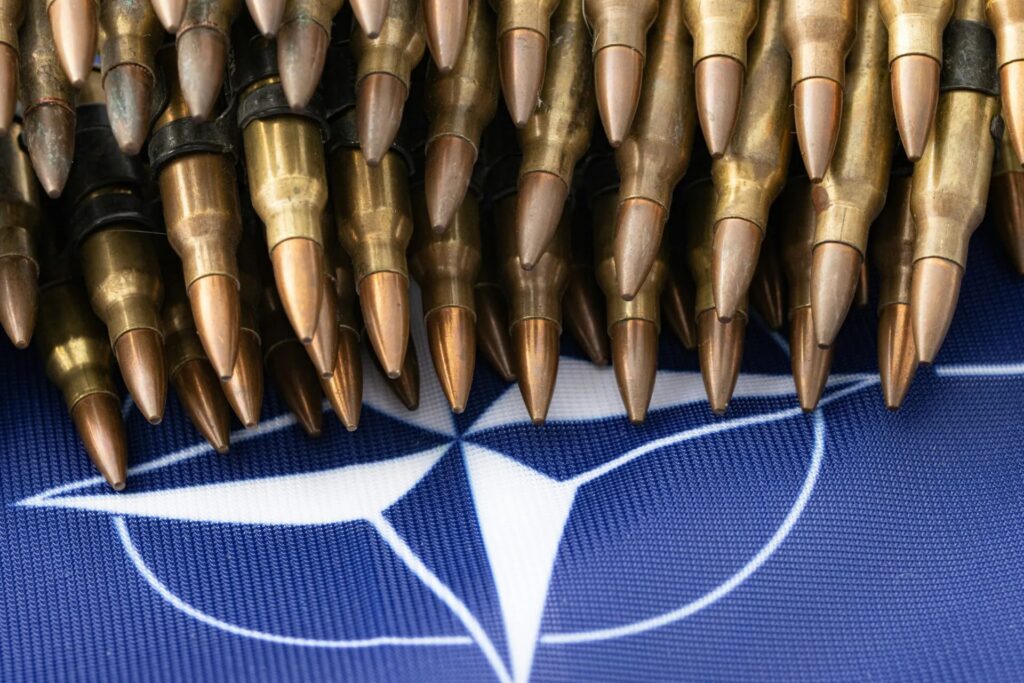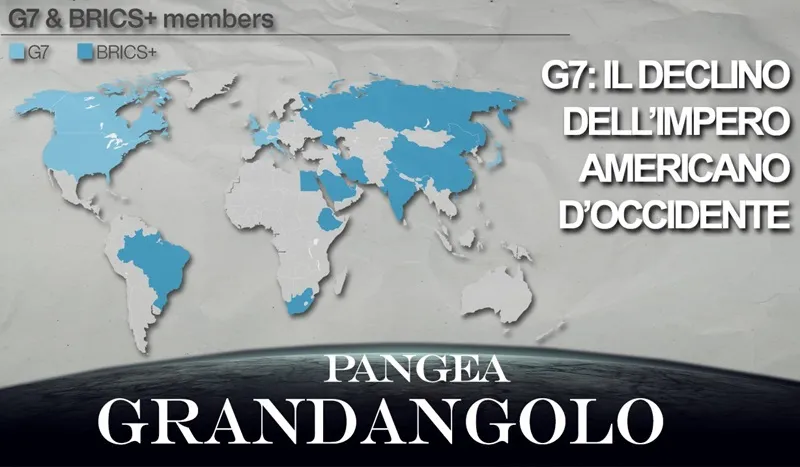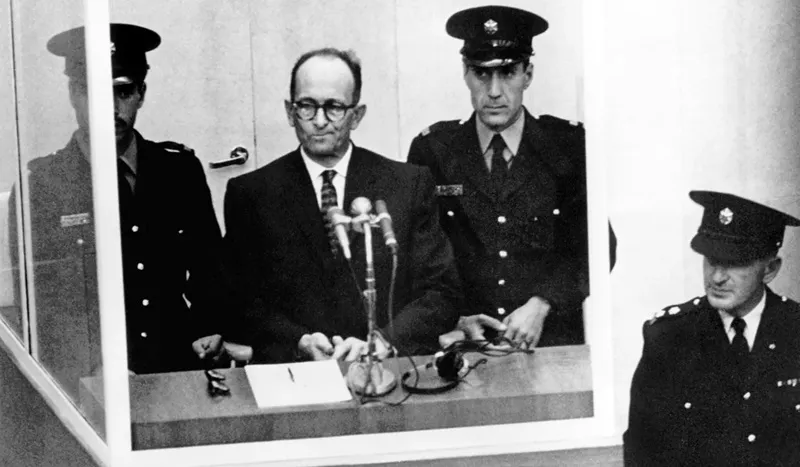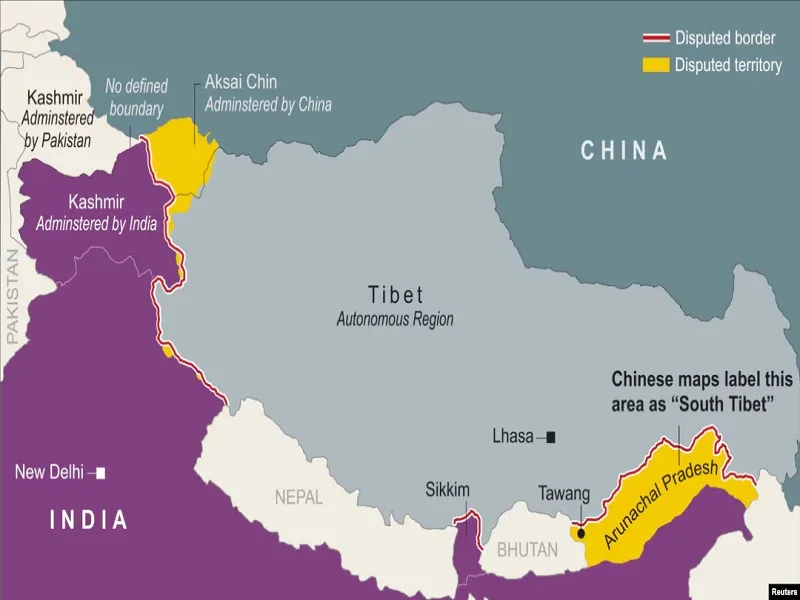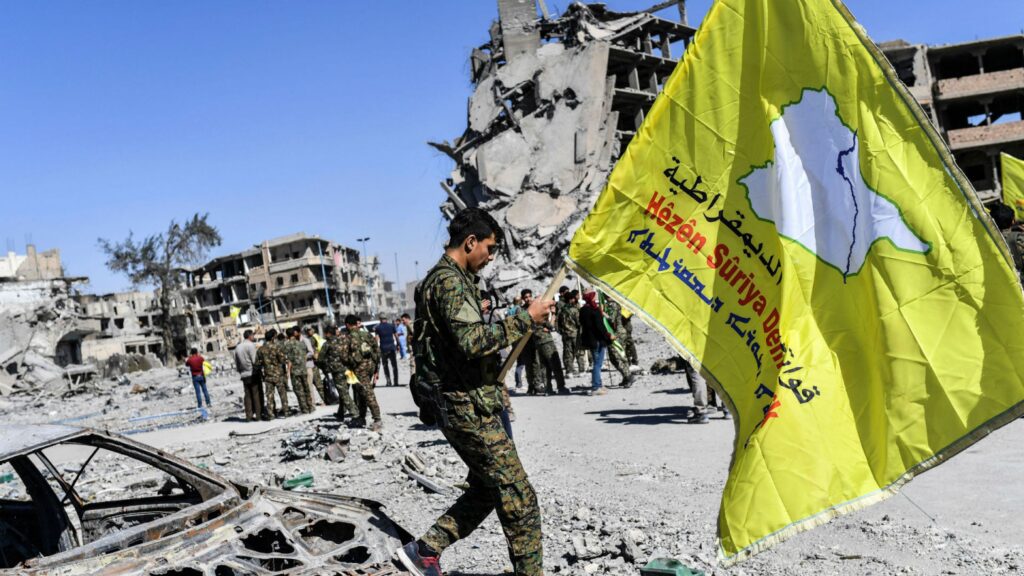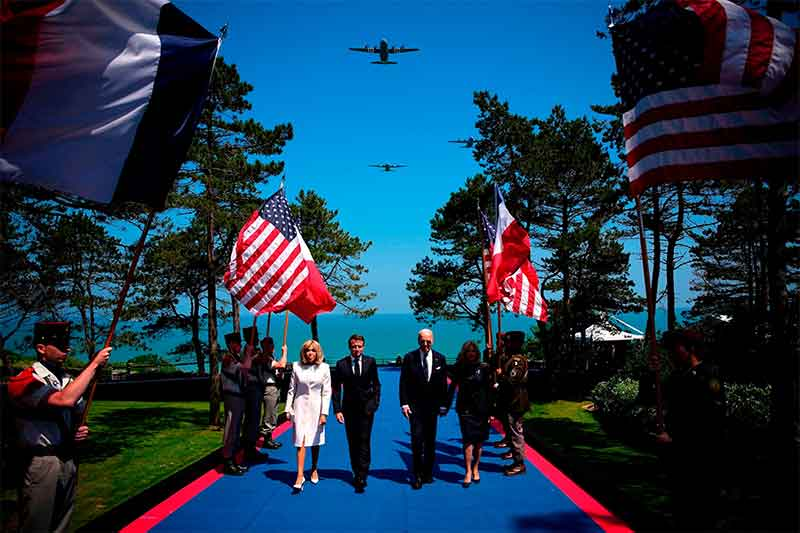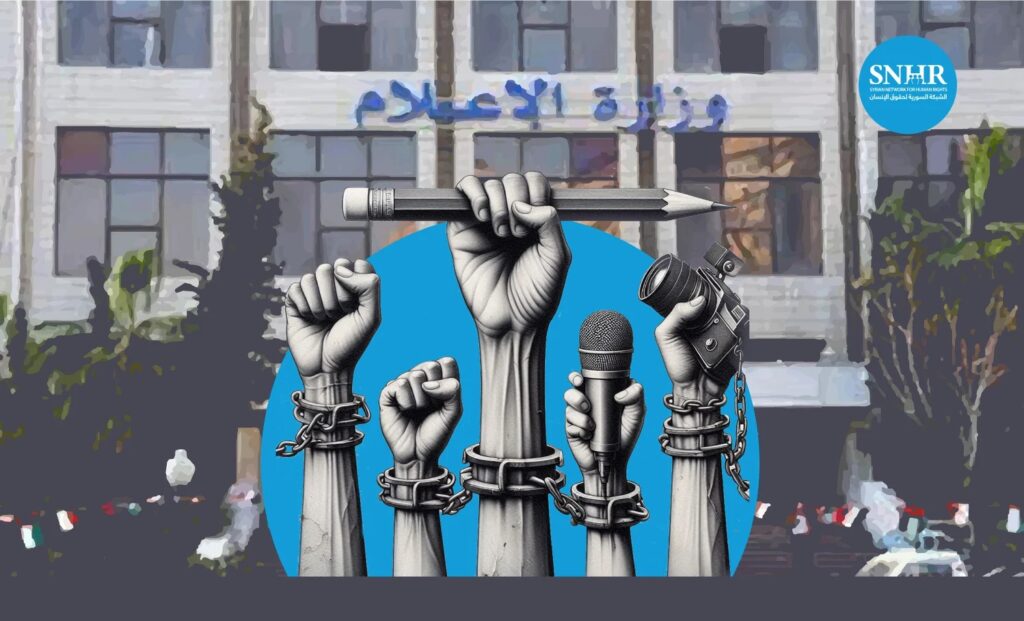A Weimar Agenda for a strong, geopolitical European Union (Weimar, 22 May 2024)

Joint Statement by Foreign Affairs Ministers of France, Germany and Poland
Our security is under threat. We live in an age of systemic rivalry in which certain autocratic regimes are using their power to undermine and destroy the international order that is based on the Charter of the United Nations. Russia is waging an illegal war of aggression against one of our neighbours, is openly rejecting and actively undermining the European security architecture and has already engaged in malign and hybrid operations against our countries. As Europeans, we must stand together and protect our interests and values as well as the principles of international law, human rights and peace.

